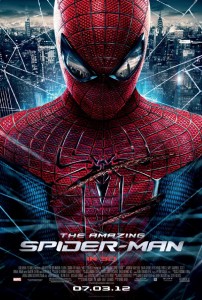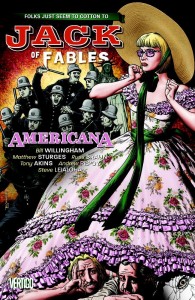I hate it when I have to review something that I want to reveal basically nothing about. Okay, let’s start with premise, that’s always safe ground. The Dark Knight Rises is set some eight or ten years after the events of The Dark Knight. Batman has not been seen in all this time, after having been branded a public enemy for his alleged murder of district attorney Harvey Dent. On top of that, Bruce Wayne hasn’t been seen much more often, which hasn’t exactly spelt sunshine and puppies for his various financial holdings and charities. And then, of course, something intriguing happens and something terrible happens, and our various characters are suddenly knocked out of their stasis.
Okay, and that’s enough. As with my previous review, there’s nothing in there that doesn’t happen in the first fifteen minutes or so. I will say only a couple of more words before I send you on your way to the theater, unless you are wiser and more appropriately unbusy than I. Although the first one is a little bit of a story: someday, I may choose to re-read a series I first caught as a young teen, Stephen Donaldson’s Chronicles of Thomas Covenant, the Unbeliever. People have left me with the impression that I may fail catastrophically, but I’m interested to see how it goes, so I may. Anyway, the point is that as the second trilogy opens, Thomas Covenant, storied “hero” of a faraway, possibly hallucinatory land, has a terrible life. Sure, he may have defeated some dark lord or other, but back on earth he’s still a miserable leper. And one of his foes has an opinion on how to strike out at him that has always stuck with me. “What do you do to hurt the man who has lost everything? Give him something back, broken.”
It seems to me that Christopher Nolan has taken that advice to heart here. He doesn’t give Bruce Wayne something back broken so much as he gives him everything back broken, starting with his body, continuing right through his city, and stopping…. well, in theory, nowhere. You’ll have to see for yourself, of course. While this singular focus leaves me with an impression that some pieces of the plot are contrived, none were so glaringly contrived as to detract from my overall enjoyment. Plus, he made that bleakness up to the audience by also giving us the second thing I had wanted to mention, Anne Hathaway in a leather catsuit.

